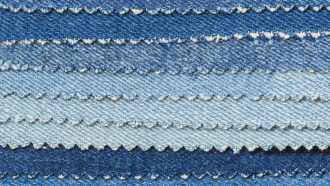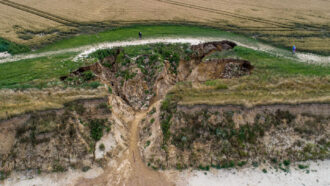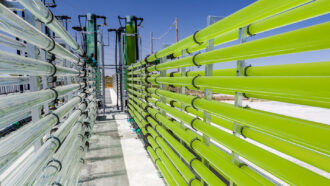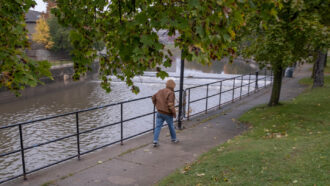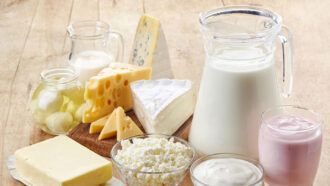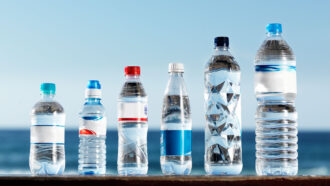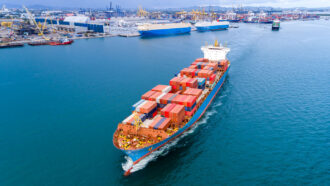The down side of keeping clean
Chemicals we use to clean and disinfect could be damaging the environment by killing off algae at the food chain's base.
By Emily Sohn
Wash your hands. Brush your teeth. Scrub the toilet. Do the dishes. Being clean is supposed to keep us healthy by destroying germs that make us sick.
But our careful attention to cleanliness might have a down side. New research suggests that the chemicals we use to clean and disinfect could be damaging to the environment. One reason: They may be killing off algae at the base of the food chain.
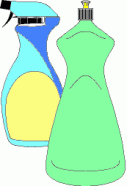 |
|
Chemicals in cleansers go down the drain, ending up in lakes and streams where they can kill off algae.
|
Over the past decade, the war against bacteria has been escalating. From dish soap to toothpaste, cleaning products have become increasingly deadly to the tiny troublemakers. After getting dumped down the drain, those household chemicals usually go straight through the sewer system. Afterward, they can end up in lakes and streams, ignored by wastewater treatment plants.
Brittan A. Wilson works at the University of Kansas in Lawrence. This environmental scientist was curious about the effects of all that chemical runoff. So he and his colleagues collected algae from a Kansas stream. In the lab, the scientists doused the algae with three common household chemicals in concentrations comparable to levels often found in American streams.
The number of species of algae and overall growth of algae dropped in samples treated with the chemicals, but not in untreated samples, the researchers report.
Those results may be alarming, but they shouldn’t be a complete surprise. “It’s stupid to think that chemicals that keep toothpaste safe from bacteria won’t have an effect at the other end of the sewer pipe,” says Stanley I. Dodson. He’s an ecologist at the University of Wisconsin-Madison. What is surprising is that even low concentrations of the chemicals can have a big effect.
